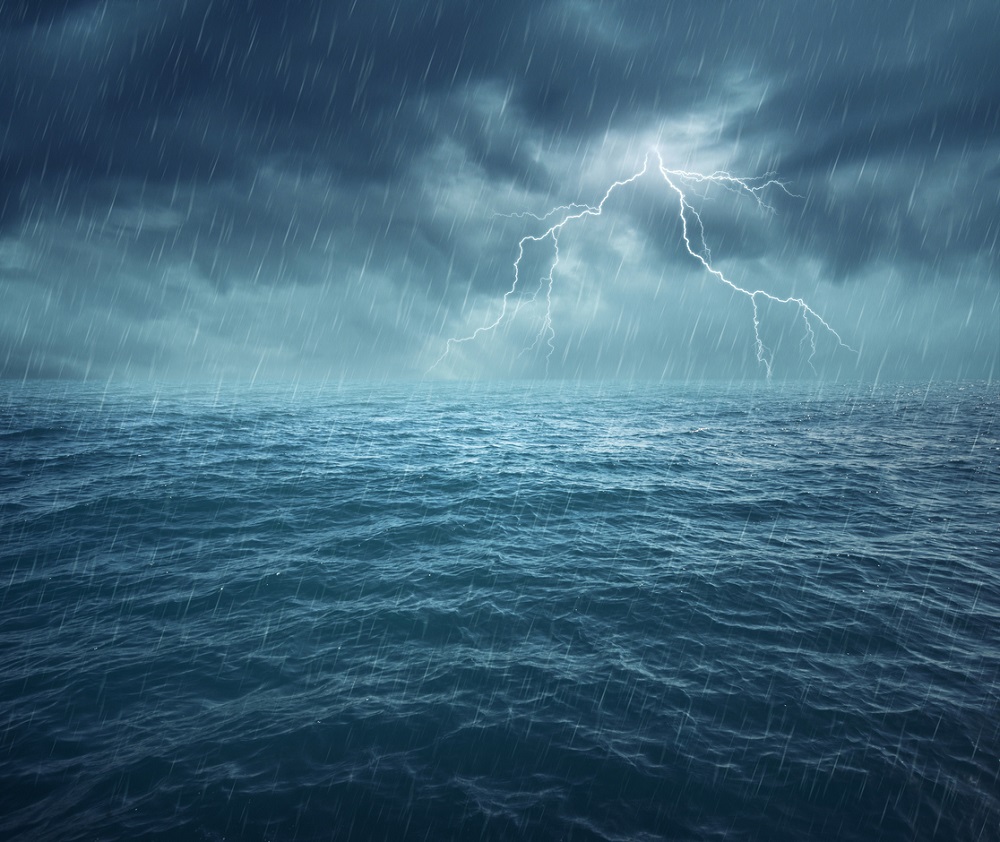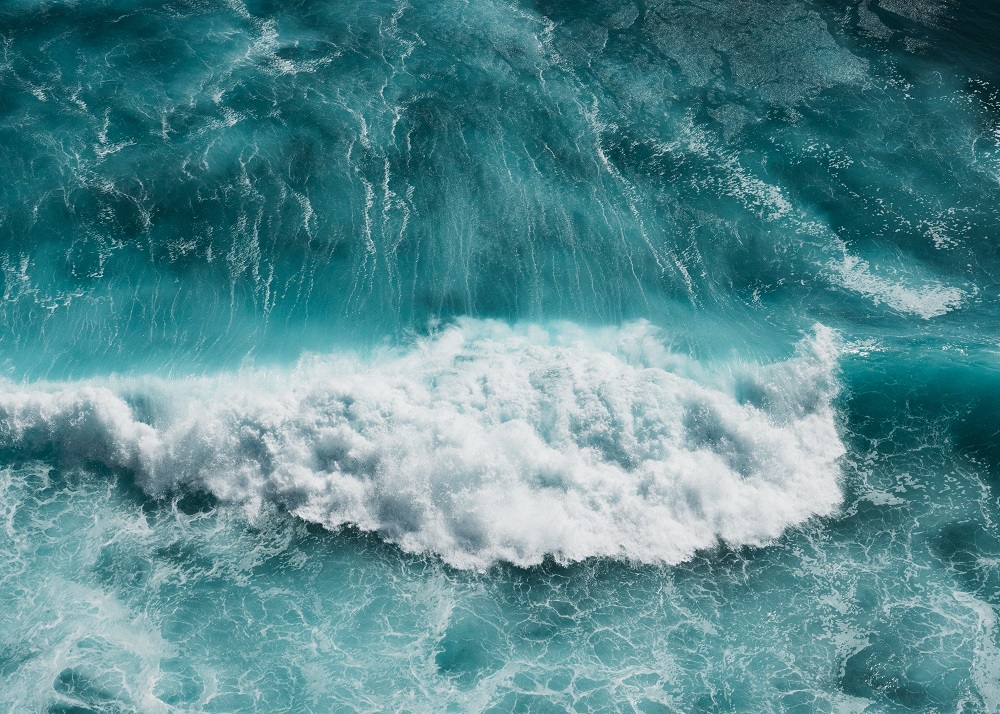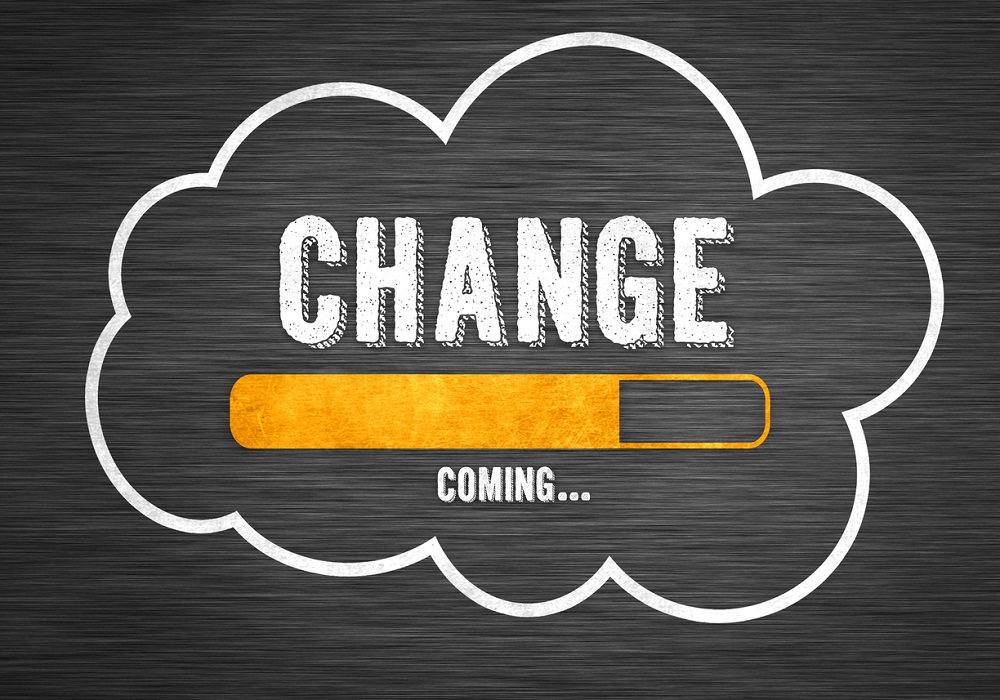You will probably be familiar with the following famous quote, shared at the beginning on the COVID-19 pandemic.
“We are not all in the same boat. We are all in the same storm. Some are on super-yachts. Some have just one oar.”
Damien Barr, the award-winning writer and columnist, posted these words on Twitter in late April 2020. It then quickly went ‘viral’ (forgive the pun). Clearly it resonated with the experience of people, all around the world. The storm of emotions, the sense of being at the mercy of nature and highlighting the inequalities that exist all around us.

What most people don’t realise
Most people have no inkling that this quote is a summary of a longer poem which was written by Damien Barr. Here is Damien’s full poem, entitled:
We are not in the same boat: A poem about COVID-19.
I heard that we are in the same boat.
But it’s not that.
We are in the same storm, but not in the same boat.
Your ship can be shipwrecked and mine might not be.
Or vice versa.
For some, quarantine in optimal: a moment of reflection, or reconnection.
Easy, in flip flops, with a whiskey or tea.
For others, this is a desperate crisis.
For others, it is facing loneliness.
For some, peace, rest time, vacation.
Yet for others, Torture: How am I going to pay my bills?
Some were concerned about a brand of chocolate for Easter (this year there were no rich chocolates).
Others were concerned about the bread for the weekend, or if the noodles would last for a few more days.
Some were in their “home office”.
Others are looking through trash to survive.
Some want to go back to work because they are running out of money.
Others want to kill those who break the quarantine.
Some need to break the quarantine to stand in line at the banks.
Others to escape.
Others criticize the government for the lines.
Some have experienced the near-death of the virus, some have already lost someone from it, and some believe they are infallible and will be blown away if or when this hits someone they know.
Some have faith in God and expect miracles during 2020. Others say the worse is yet to come. So, friends, we are not in the same boat.
We are going through a time when our perceptions and needs are completely different. And each one will emerge, in his own way, from that storm.
It is very important to see beyond what is seen at first glance. Not just looking, more than looking, seeing.
See beyond the political party, beyond biases, beyond the nose on your face. Do not judge the good life of the other, do not condemn the bad life of the other.
Don’t be a judge.
Let us not judge the one who lacks, as well as the one who exceeds him. We are on different ships looking to survive.
Let everyone navigate their route with respect, empathy and responsibility.
A moment in history
It is interesting to read this poem now, a year or so after it was written. Somehow the poem captures a unique moment in human history, bridging both our shared experiences at the time (the storm) and also the differences (boats) we saw all around us. From just reading the original Twitter quote, you would be forgiven for thinking that this is a divisive poem.
If you continue, the poem reads like a ‘call-to-arms’. A call not to judge others, despite these differences. Perhaps the most important observation made in this poem is the acknowledgement that despite different boats, we are all in a storm. And we are all looking to survive.
A storm is a storm, whichever vantage point you view it from. And ‘survival mode’ is no fun. You may have been the person fighting for survival in the rubber dingy or you may have been the person watching it unfold from your super yacht. One is worse than the other, but neither position is enviable.
In fact, during the pandemic, you may have one minute you are in the cruise-liner, the next wave you are in the rubber dingy and vice versa. Even if this experience does not resonate with you, I suspect you know somebody else who has been in that precarious position.
There’s likely to be range of emotions sitting beneath the waves
Given the dizzying and often bewildering experience that this pandemic evokes, your senses may remain scrambled, and you may not know what to make of it all. You may sometimes have a sense that you have weathered the worst and you are in the calm after the storm. The big waves are behind you. Then suddenly you feel like you are waiting for the tsunami to crash, and you have little or no control.
There are probably a whole a range of emotions sitting beneath those waves for us all.
We remain in unchartered waters
We are still in unchartered territory, perhaps it is no surprise that ‘re-entry’ anxiety is a term that has emerged. It is a way of describing our collective anxiety, trepidation, and uncertainty as we anticipate creating a ‘new-normal’.
Regardless of metaphors, in mental health terms, what Damien Barr’s words do so eloquently is help us see and remember what it was like for everyone. This is a collective trauma experience. It’s not just the beginning either, the cumulative trauma influence is ongoing.
We learnt to survive in the old world, where we spent our life learning the rules. Then the world we knew dissipated in a matter of days. And we learnt to survive in the liminal space that was the COVID-19 Pandemic and the lockdowns. At each stage, with events moving outside of our control. There is a need now to learn a new set of guidelines in the ‘new normal’. But any notion of a ‘new normal’ is one that keeps shifting and is uncertain.
Perhaps, though the re-entry into the so-called ‘new-normal’ is the most promising and controllable part of this journey. After the storm, comes the calm. Or does it? Maybe, the ‘re-entry anxiety’ is a warning signal that has always been there and has only been heard amidst the quiet and stillness of a lockdown.
Re-entry anxiety might just be our mind’s way of telling us that change is acutely needed. A warning cry against ‘normal’. A rallying cry not to forget about the ‘new’ in ‘new-normal’. After all, do we really want to slip straight back into life as we left it when the first lock down was announced? Can we honestly say that, as a society we had it right? What about the ‘busyness’, the inequalities, the hubris, all of which unpinned our society.
We are all in this together
Perhaps this is a good point to re-look at the words that Damien Barr mustered in his poem, during the midst of the storm. The different boats in the first part of this poem have always existed. What the COVID-19 Pandemic did was clear the mist and provide us with a panoramic view to witness a bigger, fuller picture. The COVID-19 may have physically separated people. But no matter what boat you found yourself in, what it also did was expose the truth that we were and we are, all in this together.
What has also always existed is the respect, empathy and responsibility that Damian Barr references at the end of his poem. These are the qualities that we need to rise above the storm and the dividing judgements that Damien Barr refers to. This is how we chart our way out. By remembering how we are similar, not how we are different. By having kindness and compassion for each other.
These values existed before and were in evidence at the start of the pandemic and need to be a guiding light which helps us safely out of it now. Even when the destination on the horizon is not yet clear.
Perhaps the ‘new-normal’ is about arriving at a place that celebrates and renews the ‘best of the old’, has the courage to challenge and build connections between the boats. That sounds like an ocean I would like to swim in. It sounds pretty limitless to me.
Have the ideas in this blog resonated with you? Then you might want to check out Part 2 in this series. Post-Traumatic growth (PTG) on the Horizon
About us:
We create the space for leaders to step back, think clearly, and navigate complexity with confidence. By sharpening the narrative that drives decisions, teams, and performance, we help leaders move forward with clarity and impact. Our approach blends deep listening, incisive challenge, and commercial focus—strengthening leadership at every level, from business transformation to boardroom decisions.
“We share resources that help coaches deepen their practice and expand their impact. The articles on this site are designed to spark fresh thinking, offer practical tools, and support the continuous growth of coaches at every stage. “
Jude Elliman
Founder
Our Core Approach:
We work with leaders to sharpen their thinking, strengthen their leadership, and navigate complexity with confidence. Our approach is built around three core areas:
Narrative Coaching – Working with the stories that shape leadership, teams, and organisations.
Commercial Focus – Cutting through complexity to drive clear, strategic decisions.
Challenge & Space – Asking the right questions while creating the space to reflect and grow.
Through this, we help leaders drive transformation, align teams, and make high-stakes decisions with clarity and impact.


